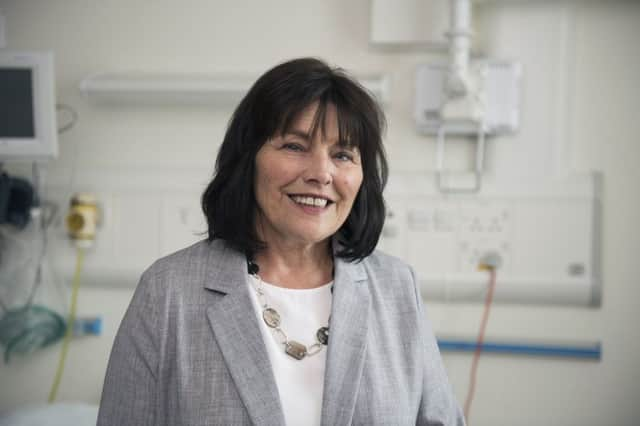Hospital death rate beats target with 14% drop in four years


Health Secretary Jeane Freeman credited the drop to the Scottish Patient Safety Programme (SPSP) which aims to improve the safety and reliability of health and social care.
The latest official statistics indicate deaths within 30 days of being admitted to hospital, known as the hospital standard mortality ratio, fell 14 per cent between January to March 2014 and October to December 2018.
Advertisement
Hide AdAdvertisement
Hide AdThe vast majority of the hospitals taking part in the patient safety programme, 26, showed a reduction in the death rate since January to March 2014, with 17 indicating a drop of more than 10 per cent.
A total of three hospitals did not show a reduction since January to March 2014. The NHS Scotland Information Services Division report indicates the standardised death ratio statistics between January to March 2011 and October to December 2018 “show clear seasonal patterns” with slightly higher ratios in the winter quarters from October to March.
There were 6,498 deaths within 30 days of hospital admission in Scotland in the final quarter of last year, 15 per cent fewer than predicted, giving a ratio of 0.85. In this period none of Scotland’s hospitals had a standardised mortality ratio significantly above or below the national average.
Inverclyde Royal Hospital in Greenock was above the upper warning limit for this three-month period as was the combined result for the Royal Alexandra Hospital in Paisley and the Vale of Leven Hospital in Alexandria.
The report highlights several possible factors contributing to the nationwide reduction in the ratio such as changes in underlying population-based mortality, care and treatment improvements, increases in available medical treatments, changes in the provision of palliative care and the completeness or accuracy of hospital discharge summaries.
A Royal College of Physicians of Edinburgh spokesman said: “We understand this to indicate that the Scottish health system is making progress in reducing mortality rates, for possible reasons including improvements in the quality of care and treatment and increases in available medical treatments and risk factor improvements.
“We do note that people from more deprived areas have higher average levels of crude 30-day mortality, which cannot be resolved unless the underlying causes are fully explored and tackled head on.”
